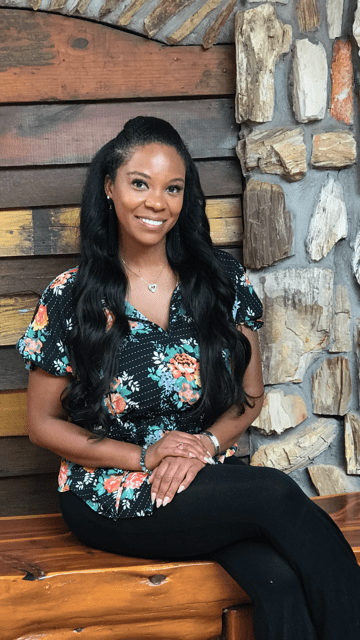I have always been curious about exploring all sides of a story. I started my career as an investigative journalist, and then went into private investigation. I loved both those jobs, but they were missing the “helping people navigate” element. I eventually I went into human resources at a large health care company, and discovered by the time conflict got to my desk, people were exposed. They’re vulnerable, feeling pain, shame, and hurt– and the solutions were out of their control. And so I said, “Well, let me be intentional about if I want to continue this path.” I then did a year of law school and worked for an appellate judge, which really opened me up to the fact that by the time courts are involved, the situation is way far gone. People are so stressed, they’re sick, and the consequences are etched in stone. Finally, I discovered alternative dispute resolution as a field of study, and uncovered ombudsing as a career path in 2010. I remember it like yesterday. I went full into learning methodology and techniques for conflict resolution, reduction, and management. I feel like in this space, I'm giving people an opportunity to be reflective. I’m leveraging my journalism skills in listening and learning and giving people an opportunity to have mic-off conversations and time to process.
In most institutions, the Organizational Ombuds are a confidential, neutral, informal and independent service. My role is to listen and help people explore their options. We all have things that we need to work through and heal. The Ombuds is impartial, but we advocate for fair treatment and transparent processes. My favorite phrase is, “Peace comes from process.” And when you know what the process is, you have a little more peace. It's very comparable to when you go to the dentist and they say, “I'm about to squirt water in your mouth.” If they don't tell you that, then you're caught off guard. Right? We as humans find peace in knowing what’s next.
We have so much diversity of thought, culture, and values in the workplace. All these things are illuminating conflicts, and companies are having to face them in a way they've never had to before. In my Ombuds experience, people miss opportunities to connect, to hold each other accountable or to illuminate where there's a problem. These conflicts do not go away– and unaddressed, cost organizations resources and personnel.
My initial offering is to simply hold space. All conflict intervention options are visitor-led, so we don't have to do anything if you talk to me about a problem. There are some things an Ombuds can do to support visitors, like having a mediated conversation. I do a lot of conflict coaching about setting the stage to have the hard conversation. Sometimes I'm helping people draft emails to take some of the anxiety out of addressing hard conversations. I can say, “Let's unpack this, let's do a decision tree. Let's explore all these options in this confidential space.”
I'm from Texas. So we’re into line dancing, right? And sometimes when I help visitors deal with conflicts, I say, “Okay, let's take the line dance approach and pick the song and pick the steps so no one's stepping on each other's toes.” In other words, you can thrive and be great when everyone knows the song and steps doing the process of peace.
Are you experiencing a workplace conflict? Learn more about the Ombuds process at WHOI or reach out to Alicia at alicia.booker@whoi.edu

